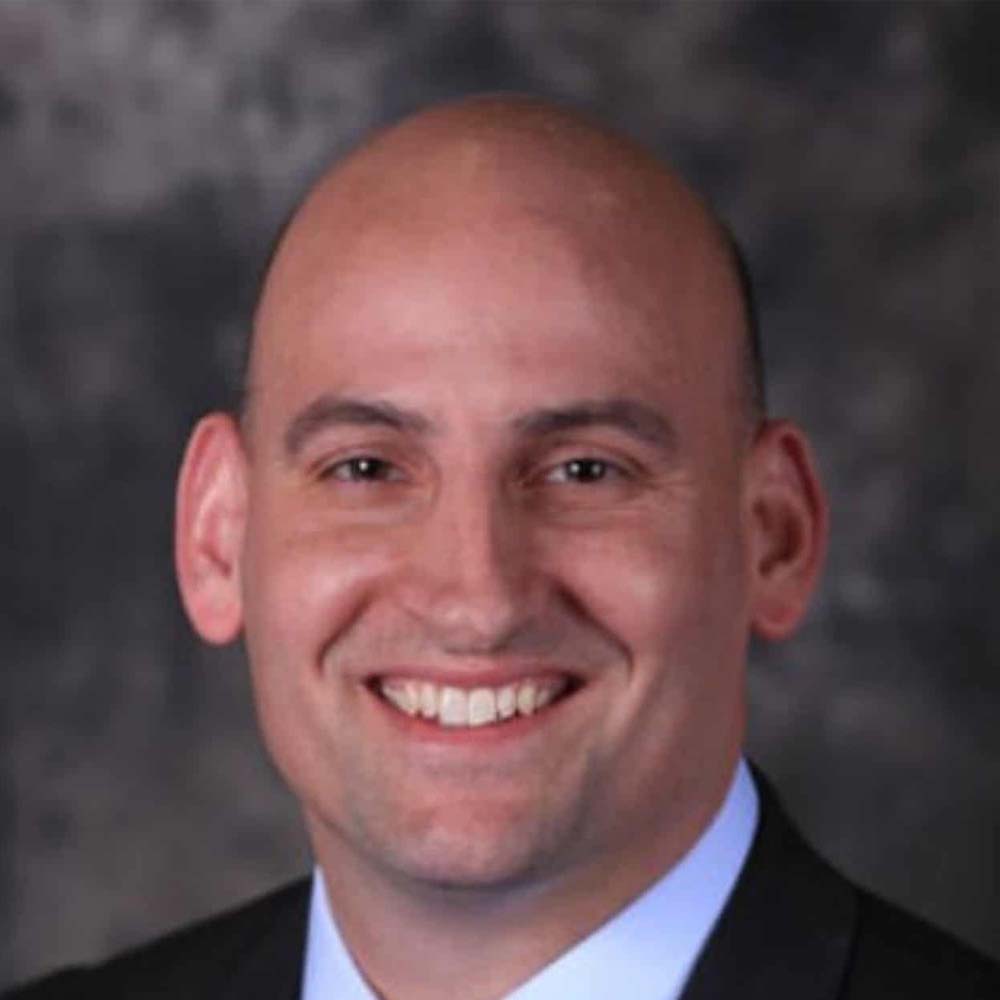Could your senior loved one be depressed? Are you a senior and feeling down? Depression in older adults is a serious and growing area of concern. One recent study found that nearly 20% of people over the age of 50 suffer from symptoms of depression. Many seniors with depression also often go undiagnosed, which can have serious consequences. Suicide rates for elderly people with depression are higher than younger people with depression. Older people with depression are also more likely to have trouble thinking and loss of interest in life, as well as more physical health symptoms. Depression can even increase the likelihood you will develop dementia. So how do we spot depression in seniors? Read on to find out more.
Why do seniors get depressed?
The reason any person becomes depressed is very personal and individual. However, there are some common things that might make depression more likely. These risk factors include:
- Genetics
- Trouble thinking (cognitive impairment)
- Being a widow
- Poor overall health
- High blood pressure, a phenomenon which is called vascular depression.
While these risk factors make depression more likely, you can also become depressed without any of them. Sometimes it can be difficult or impossible to explain why a person is depressed, but it doesn’t make their symptoms any less real or serious.
What does depression in seniors look like?
It can be hard to spot depression, especially in older people. Some people are embarrassed or worried about what people will think if they are diagnosed, so they don’t talk about or admit to having symptoms. Many common symptoms of depression are misattributed to “just old age.” Most seniors suffering from depression will have some of these symptoms:
- Feeling sad, down, and depressed
- Not enjoying normal activities
- Loss of interest in life
- Worries about the future
- Poor sleep/insomnia
- Frequent thoughts of death
- Unexplained pain
- Poor concentration
- Memory problems
For seniors, memory problems, poor concentration, and physical symptoms like unexplained pain tend to be more common than simply feeling sad. Some seniors report just feeling “numb” or no feelings at all, rather than the sad feeling of “depression” most people expect.
How can I help my senior loved one with depression?
Depression in older adults is a common problem with serious consequences. It’s important for seniors and especially anyone who loves or works with seniors to know how to help.
First of all, make sure that your depression or the depression of the senior you love isn’t being overlooked. If you or someone you love is having more than a few of the symptoms listed above, make sure to talk to your doctor about depression. Mental illnesses are no less real or valid than physical illnesses, and treatment is just as important! You shouldn’t ignore signs of depression any more than you should ignore symptoms of dementia, high blood pressure, or diabetes.
If you or someone you love have depression symptoms, there are many ways to treat it! Medication is always an option, but there are also many lifestyle changes that can really improve or lower the risk of depression. Here are some things to try:
- Increase physical activity. Any form of exercise helps–walking, hiking, swimming, yoga, etc.
- Religious or spiritual involvement
- Participate in activities that feel important and valuable to you
- Go to therapy
- Spend more time with friends and family
- Get outside more
There are many ways to spot and manage depression in seniors. Don’t suffer in silence, and don’t let those you love suffer in silence either!
Senior living communities can also be a great option for seniors with depression. The availability of medical care, social support, structured activity schedule, exercise classes, and full-time support staff can be really helpful in managing the symptoms of depression. Check out Stellar Living’s communities today to find one near you!




